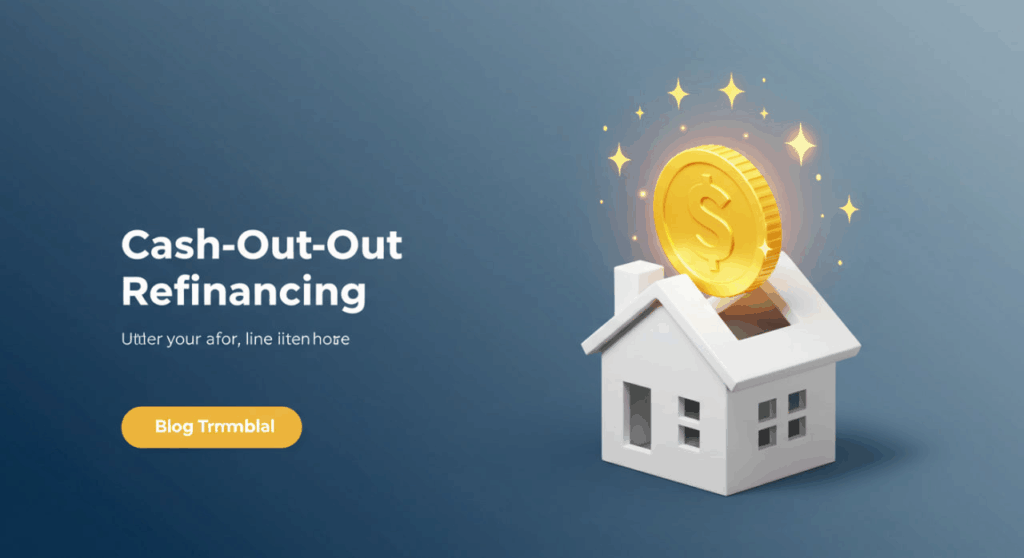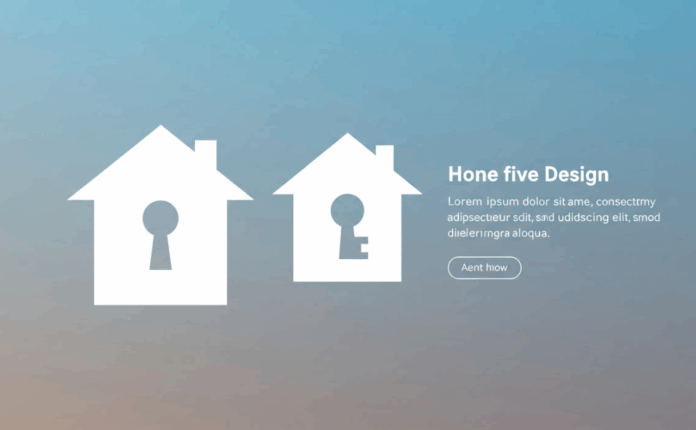Introduction
Thinking about a cash-out refinance? It’s a powerful financial tool that can unlock your home’s equity, but it’s crucial to understand how it works before taking the plunge. This guide will walk you through everything you need to know.
What is a Cash-Out Refinance?
A cash-out refinance is when you refinance your existing mortgage for a larger amount than you currently owe. The difference is then disbursed to you in cash. It’s essentially taking out a new loan on your home and receiving the excess funds.
How Does it Work?
The process involves applying to a lender, providing financial documentation, and undergoing an appraisal of your home. The lender assesses your creditworthiness and the value of your property to determine how much they are willing to lend. Once approved, the new loan pays off your existing mortgage, and you receive the remaining amount.
Benefits of a Cash-Out Refinance
Cash-out refinancing offers several advantages. You can use the funds for home improvements, debt consolidation, paying for education, or even investments. It can simplify your finances by consolidating multiple debts into one monthly payment, potentially lowering your overall interest rate. Learn more about debt consolidation.
Risks of a Cash-Out Refinance
While beneficial, it also carries risks. You’ll be taking on a larger mortgage, potentially increasing your monthly payments. If your home value decreases, you could end up owing more than your home is worth, leading to a negative equity situation. Always carefully weigh the pros and cons and consider professional financial advice

How to Qualify for a Cash-Out Refinance
Lenders will assess your credit score, debt-to-income ratio, and the equity you have in your home. A good credit score and sufficient equity are typically required. Check your credit report before applying to understand your position better.
Calculating Your Potential Cash-Out
Determining the amount you can access depends on your home’s value and how much equity you have. Many online calculators can help you estimate your potential cash-out amount, but it’s always recommended to consult with a lender for an accurate assessment.
Choosing the Right Lender
Shopping around for the best interest rates and terms is crucial. Compare offers from different lenders to find the most suitable option for your financial circumstances. Pay attention to closing costs and fees as well. Understand closing costs.
Conclusion
A cash-out refinance can be a valuable financial tool, providing access to funds for various needs. However, it’s crucial to understand the associated risks and proceed with caution. Careful planning and consideration are essential before making this significant financial decision. Remember to always compare offers and seek expert guidance when needed. Consider consulting with a licensed financial advisor.
Frequently Asked Questions
What is the minimum credit score required for a cash-out refinance? Credit score requirements vary by lender, but a good credit score (typically above 620) is generally needed.
How much equity do I need in my home to qualify? Lenders usually require a minimum amount of equity, often around 20%, but this can vary.
What are the typical closing costs associated with a cash-out refinance? Closing costs can vary significantly, and often include appraisal fees, lender fees, and title insurance.
Can I use the cash-out funds for anything I want? Generally, yes, you can use the funds for various purposes, such as home improvements, debt consolidation, or other expenses.
What if my home value decreases after I refinance? If your home’s value drops below the amount you owe, you could end up with negative equity.



